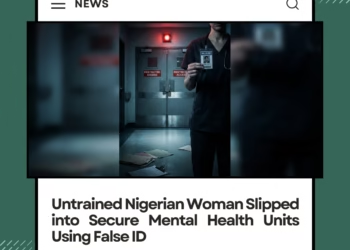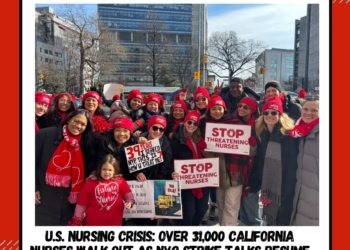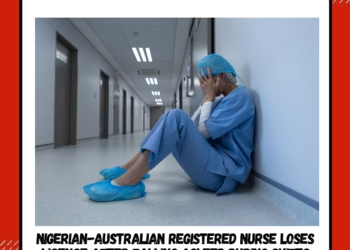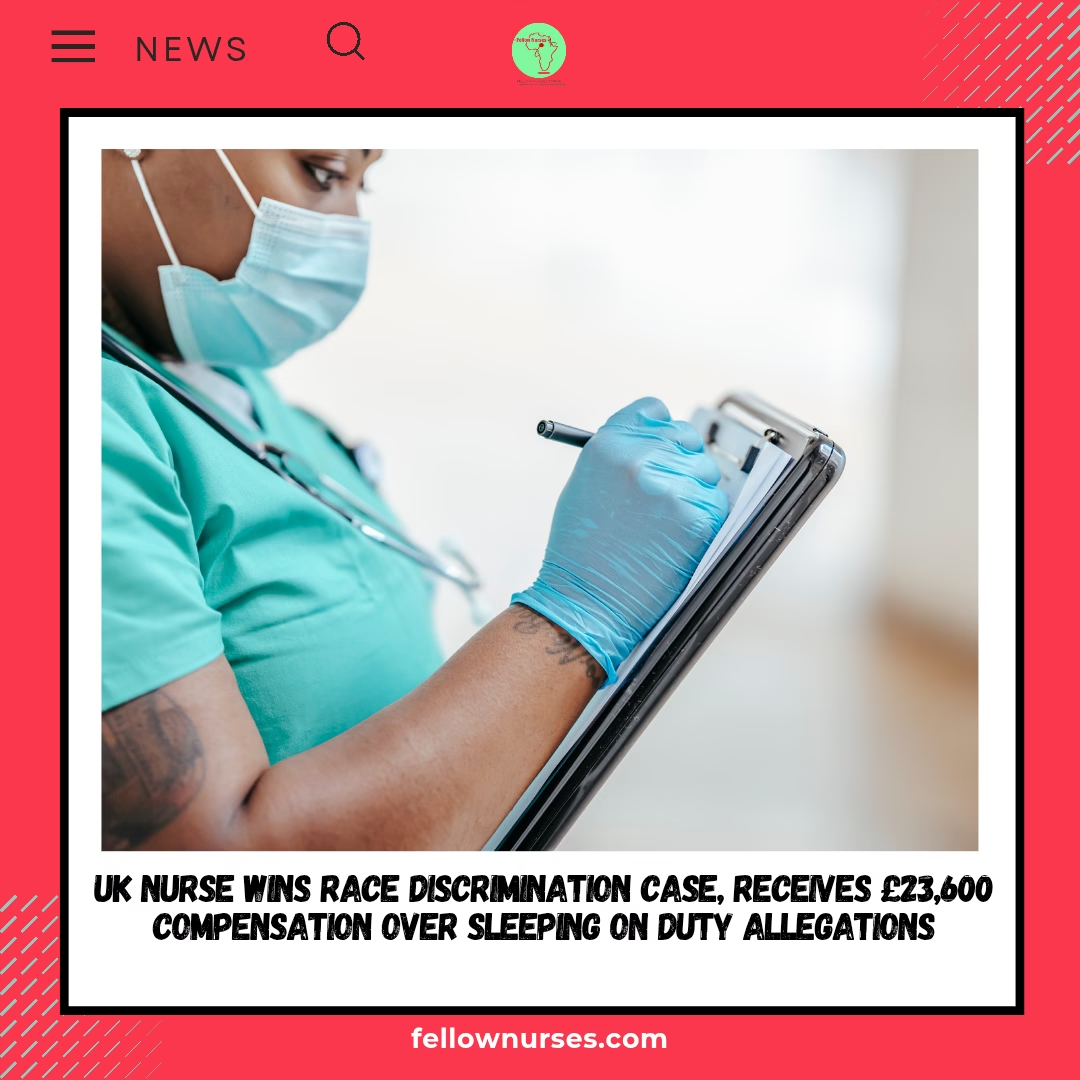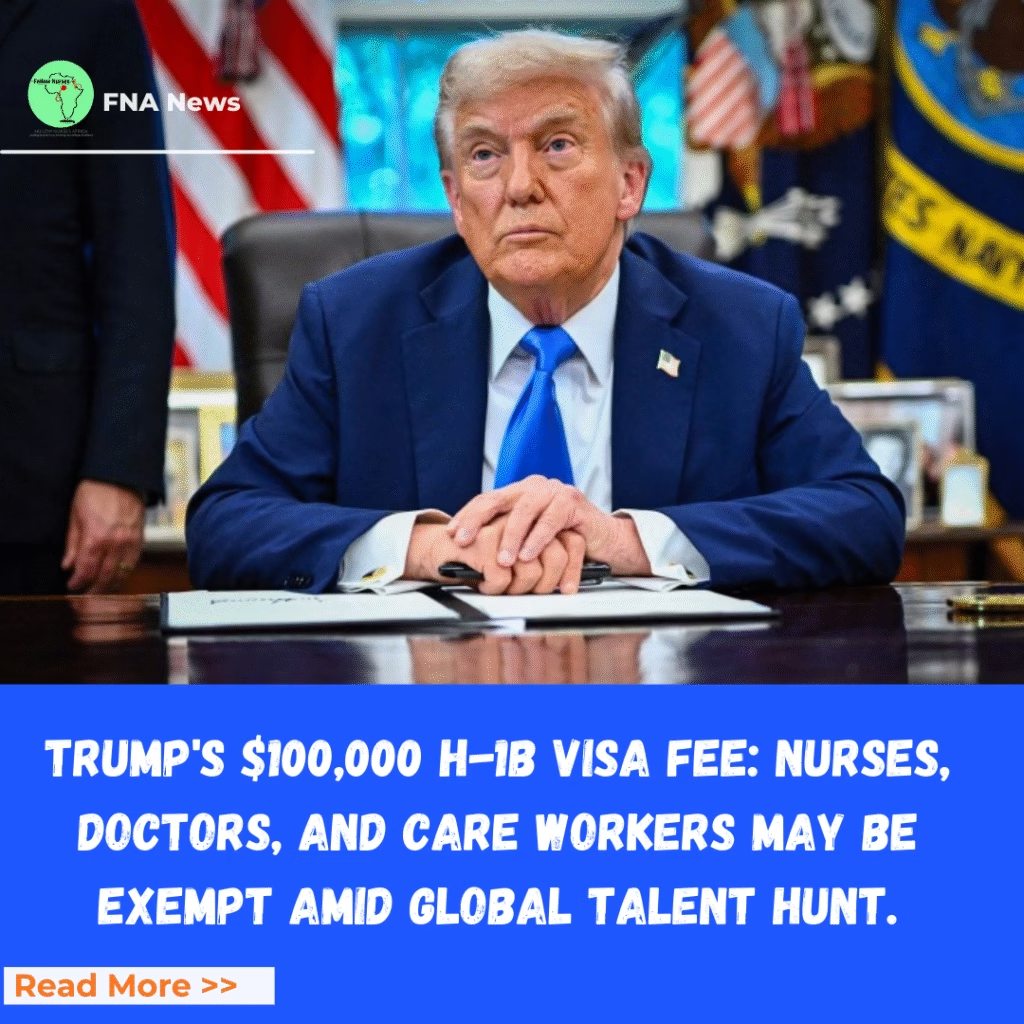
Trump’s $100,000 H-1B Visa Fee: Nurses, Doctors, and Care Workers May Be Exempt Amid Global Talent Hunt
By Fellow Nurses Africa | September 22, 2025
The Trump administration’s recent introduction of a $100,000 fee for new H-1B visa applications, effective September 21, 2025, has sent shockwaves through global healthcare communities, particularly among African nurses and doctors aspiring to work in the United States.
Announced under the Presidential Proclamation “Restriction on Entry of Certain Nonimmigrant Workers,” this policy aims to prioritize high-wage, high-skilled American workers while addressing perceived misuse of the H-1B program. Yet, amidst the uncertainty, a beacon of hope shines for healthcare professionals: nurses, doctors, and care workers may be exempt under a “national interest” clause, preserving their vital role in addressing U.S. healthcare shortages.
For African nurses, whose expertise and resilience are forged in diverse and often resource-scarce environments, this policy could shape career dreams and family aspirations. As U.S. hospitals face ongoing staffing crises, particularly in rural and underserved areas, the potential exemptions offer a lifeline, ensuring that skilled professionals from Nigeria, Kenya, Ghana, and beyond can continue to contribute to global healthcare while advancing their own paths.
A New Barrier with Room for Flexibility
The $100,000 fee, a one-time charge for most new H-1B visa petitions, is designed to deter companies from replacing U.S. workers with lower-paid foreign talent. Effective for an initial 12-month period with possible extensions, it applies to cap-subject corporate hiring but spares renewals and existing visa holders. Crucially, nonprofit organizations, universities, and research institutions—common sponsors for healthcare workers—are often cap-exempt, potentially bypassing the fee altogether.
👉 Click to Join Now: Fellow Nurses Africa WhatsApp Channel
The announcement sparked immediate concern. Dr. Nicholas Mark, a Seattle-based pulmonologist, took to X to highlight the stakes:
“This will be absolutely devastating in the medical field. About 30% of residents are international medical graduates, and 10,000 of 43,000 residency spots are filled by doctors with H-1B visas. No hospital will pay a $100,000 fee for a $55,000 resident salary.”
His words resonate deeply with African healthcare workers, many of whom view U.S. opportunities as a chance to gain world-class experience while supporting loved ones back home.
A Lifeline for Healthcare Heroes
The proclamation grants the Secretary of Homeland Security broad authority to waive the fee for individuals, companies, or entire industries deemed essential to the U.S. national interest, provided they pose no threat to security or welfare. Healthcare professionals, including nurses, doctors, and care workers, stand to benefit significantly from this flexibility.
Immigration attorney Sukanya Raman, country head at Davies and Associates has this to say,
“Doctors and nurses, and other healthcare workers, if the need arises, may be exempt from the fee.”
This potential relief stems from historical recognition of healthcare as a national priority, particularly in addressing shortages and advancing medical research.
A precedent exists from 2020, when Proclamation 10052 restricted H-1B and other visas during the COVID-19 crisis but exempted healthcare workers treating patients or working in underserved areas. Exemptions also covered medical researchers and public health professionals combating the pandemic.
Today, with rural U.S. hospitals facing physician and nursing shortages—exacerbated by an aging population and specialized care demands—similar exemptions could apply. White House statements suggest physicians and medical residents may be spared, particularly those in critical roles or research.
For African nurses, this is a pivotal moment. Specialized roles requiring a bachelor’s degree or higher, such as nurse anesthetists or oncology nurses, align with H-1B criteria. Those pursuing advanced credentials or exploring alternatives like the EB-3 green card, which offers a permanent path for skilled workers, will continue to find viable routes to U.S. practice.
Real Stories, Real Stakes
The policy’s rollout triggered a wave of anxiety. Raman shared a poignant anecdote: a client in India, working in the U.S. on an H-1B visa, called in a panic, considering an immediate flight back.
“I told him to wait and see how things pan out,”
she said, noting the White House’s clarification that existing visas are unaffected. On X, voices from the medical community amplify the urgency. Pediatric pulmonologist Satyanarayan Hegde warned that nonprofit hospitals might still face the fee unless they secure national interest waivers, risking disruptions in academic medicine. A neurosurgeon on X highlighted the potential harm to patient care if sponsorships decline, underscoring the human cost of policy shifts.
For African nurses, the stakes are deeply personal. Many, like those from Lagos or Nairobi, see U.S. opportunities as a way to uplift their families while honing skills in cutting-edge facilities. One X user, reflecting on global talent flows, urged policymakers to balance protectionism with the need for skilled workers, noting the risk of brain drain from countries like Nigeria, where healthcare systems already face strain.
Beyond Healthcare: Wider Impacts
While healthcare may find protection, other sectors, particularly IT, face tougher choices. Neeti Sharma, CEO of TeamLease Digital, told Business Standard that Indian IT firms may reserve H-1B visas for highly specialized roles to justify the fee, potentially increasing local hiring and reducing margins. In contrast, healthcare’s critical role could shield it from the policy’s full impact, preserving opportunities for international professionals.
Critics caution that loopholes, such as partnerships with cap-exempt entities, might undermine the policy’s intent, while others fear it could deter smaller hospitals from sponsoring foreign talent. For African nurses, staying informed and exploring all visa options—H-1B, EB-3, or O-1 for extraordinary ability—remains crucial.
A Call to Resilience
At Fellow Nurses Africa, we stand with our community navigating these uncertain times. The potential exemptions for nurses, doctors, and care workers reflect the enduring value of your skills in a world desperate for care. As you chart your path, consult immigration experts, monitor updates from the U.S. Citizenship and Immigration Services (USCIS), and invest in advanced training to align with H-1B or alternative visa requirements. Your expertise heals beyond borders, and policies must honor the humanity of those who dedicate their lives to saving others.
For the latest on H-1B visa exemptions, international nursing opportunities, and U.S. immigration policies, join our WhatsApp channel
👉 Click to Join Now: Fellow Nurses Africa WhatsApp Channel
Fellow Nurses Africa is the independent voice of African nursing, we educate, inform and support the nursing profession




